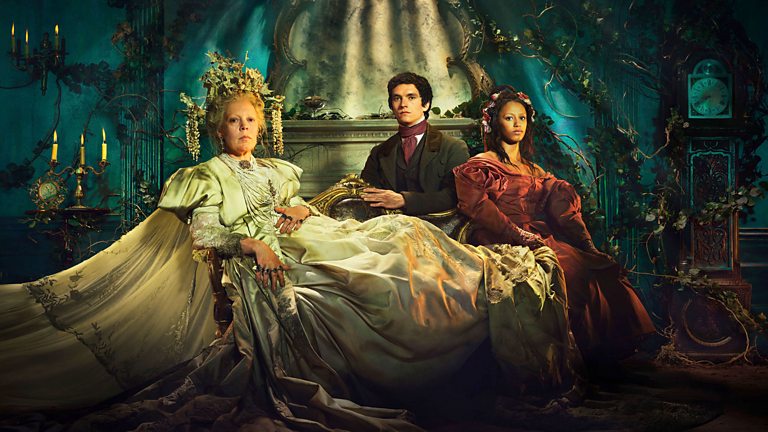What the Dickens?: ‘Great Expectations’ and the challenges of adaptation
Period dramas and literary adaptations are TV mainstays, and the BBC has proven that again with a new version of Charles Dickens’ Great Expectations. The series, adapted by Steven Knight of Peaky Blinders fame, features Olivia Colman as Miss Havisham, and it has received very mixed reviews. The writer said that he wanted to “liberate” Dickens and produce the kind of story that he thinks Dickens would have written today – which, in practice, means lots of swearing, drugs and sex, and making things overly dark. Is it necessary to adapt Dickens’ work like this, and does it succeed?
What changes have been made? The series is full of swearing, as is the case in many modern reimaginings of classic books – we’ve barely started before Pip asks Herbert to “fucking stop”. This is not necessarily a change that alters the story, but there are a number of those too. Miss Havisham has become an opium addict, and Pip attempts to commit suicide by jumping off a bridge. Elsewhere, in a scene I’m not entirely certain wasn’t out of a bad dream, Mrs Gargery, the blacksmith’s wife and Pip’s sister, announced that she was summoning “the beast within”, before grabbing a metal fire prod and spanking Mr Pumblechook’s bare bum.
I’m of the view that all adaptations should change things – visual and literary media are different, and things are always cut, updated, tweaked, etc. to bring texts to life in a different shape
A number of commentators and critics slated these changes. Richard Madeley said: “It appears they have made an adaptation which actually diminishes the book and a lot of people would agree with that. I mean Mr Pumblechook in the book was this bumbling character and in this, he has turned into a serious fetishist. In episode one, which is not in the book at all, it’s completely invented, when Pip is seen about to commit suicide by jumping off a bridge. Again, that has nothing to do with the book … The opening of Great Expectations reads like a belter, why would you add in a suicide attempt?”
Of course, it’s not necessarily the case that an adaptation needs to be strictly loyal to be considered good – when the best Dickens adaptation ever features Kermit the Frog as Bob Cratchit, it’s a hard case to make. I’m of the view that all adaptations should change things – visual and literary media are different, and things are always cut, updated, tweaked, etc. to bring texts to life in a different shape. Some of the criticisms are unfair – they claim that Dickens didn’t draw on drugs and prostitution in his books, but that’s not the case. A character dies of an opium overdose in Bleak House, Veneering speculates on drugs in Our Mutual Friend, and it’s heavily implied that Arthur Clennam’s family make their money trading drugs in Little Dorrit. Whether or not these ideas were in Great Expectations specifically, they’re certainly in Dickens.
Adaptations are always a fraught game – whether they’re totally loyal to the source text or completely radically changed, there’s always going to be someone who’s upset
In the case of Knight’s Great Expectations, however, I’d argue that the very spirit of the book has been lost, and that’s a change too far for many. The TV writer’s version of the story, as Helen Thompson writes, aims “to tell a different story about the corruption of youthful ambition in an imperial London”, and so it fundamentally shifts Pip’s character, his relationship to Magwitch, his perception of Miss Havisham and Satis House and many other things about the book in the process. Knight’s story seems to entirely ignore the point of Pip’s story as imagined originally, to the extent that Dickens’ book has become a loose framework into which the adaptor’s priorities can be inserted. That’s not in itself a problematic approach towards adaptation, but it’s one that’s bound to lead to backlash.
Adaptations are always a fraught game – whether they’re totally loyal to the source text or completely radically changed, there’s always going to be someone who’s upset. But the best adaptations are those that capture the heart of the original, and a bit of foul language or drugs in a historic story doesn’t necessarily get in the way of that – look at Sarah Phelps’ version of And Then There Were None for proof of that. As for Knight’s dark spin on Great Expectations, it feels a change too many for me – I don’t need someone to retell Dickens, but I’d love an adaptation that understands what made the Dickens story work.

Comments